GUANGZHOU, China: While live surgery demonstrations have been a popular and effective educational tool across all facets of the medical field for decades, little is known about their efficacy and reception in the context of education in dental implantology. Seeking to address this knowledge gap, a research team based at the Hospital of Stomatology at Sun Yat-sen University in Ghangzhou have recently undertaken a survey of their own continuing education courses to assess to what extent their participants benefited from them. Their findings demonstrate unequivocally that continuing education courses with a live surgical component are both better received and more effective.
The continuing education courses at the university commenced in 2019 and have included live surgery demonstrations since 2022. To determine the acceptance and practical value of the courses that included this live element, the research team undertook a retrospective survey of 125 participating dentists from across the entire time frame. Of these, 65 had attended the traditional courses without live demonstration between 2019 and 2021, and 60 had participated in the courses with live demonstration between 2022 and 2024.
The survey assessed the dentists’ overall satisfaction with the course, their evaluation of surgical live demonstration methods, their interest in course topics and content, and their personal viewpoint concerning the dental implantology course after the continuing education courses. The survey scores of those who had attended the courses before live surgery was included averaged just over 3.5 out of 5, indicating generally positive—but not enthusiastic—responses. For those participants who had experienced the live surgery format, every item scored above 4.5, reflecting high acceptance and marked satisfaction regarding the format across the board.
The sharp rise in scores suggests that the live surgery approach significantly elevated participants’ perceptions of the educational value of the courses. Respondents agreed strongly on all measured metrics—suggesting high approval regarding content delivery, practical relevance and teaching quality. Essentially, the study reports a complete consensus in favour of the methodology post-intervention. The participants in live surgical courses gave higher scores regarding enhanced foundational knowledge in implantology, self-reported adherence to aseptic protocols, compliance with surgical procedures and improved clinical implant treatment proficiency.
Although the study reported limited details on specific subdomains, the overall transformation—from the modest pre-course sentiment to resounding endorsement of the live demonstrations—underscores the potential impact of immersive, real-time procedural teaching in postgraduate dental education. The study positions live surgery modules not just as engaging but as demonstrably more effective in winning participant approval than traditional formats. While live demonstrations thus possess an intrinsic pedagogical value, it should also be kept in mind that recent research from both Jordan and Saudi Arabia shows that they might not necessarily displace existing techniques such as video recordings but rather complement them.
The study, titled “Evaluation of live surgery continuing education course in implantology for dentists: A retrospective cross-sectional survey”, was published online on 18 July 2025 in BMC Medical Education.
Topics:
Tags:
WÜRZBURG, Germany: Advances in 3D-printing technology have the potential to transform how future dentists learn practical skills. A new study has ...
PORTOVIEJO, Ecuador: The application of the concept of osseointegration revolutionised the treatment of edentulous patients. However, as applications ...
The integration of digital dentistry into existing workflows has become increasingly popular as newer technologies have been developed. Though this approach...
Technological advancements have increased clinicians’ access to dental implant treatment; however, even the most cutting-edge tools, such as ...
KREMS AN DER DONAU, Austria: Danube Private University (DPU), a private university specialising in dentistry, has a long track record in postgraduate ...
AMSTERDAM, Netherlands: According to a new cross-sectional study, dental professionals and students in the Netherlands are broadly positive about the role ...
NEW YORK, U.S.: Facial transplantation is one of the most extensive facial reconstructive surgeries available. The procedure involves the partial or total ...
Continuing education is an indispensable part of a dental professional’s career and shows great dedication and commitment to the profession. The Midwinter...
DUNEDIN, New Zealand: A new study by researchers at the University of Otago Faculty of Dentistry in Dunedin has shown that the use of mercury in dental ...
CARASCO, Italy: The dental community is facing extraordinary times, and it has responded by adapting and implementing new strategies. This is also true for ...
Live webinar
Tue. 3 March 2026
8:00 pm EST (New York)
Dr. Vasiliki Maseli DDS, MS, EdM
Live webinar
Wed. 4 March 2026
12:00 pm EST (New York)
Munther Sulieman LDS RCS (Eng) BDS (Lond) MSc PhD
Live webinar
Wed. 4 March 2026
1:00 pm EST (New York)
Live webinar
Wed. 4 March 2026
8:30 pm EST (New York)
Lancette VanGuilder BS, RDH, PHEDH, CEAS, FADHA
Live webinar
Fri. 6 March 2026
3:00 am EST (New York)
Live webinar
Tue. 10 March 2026
4:00 am EST (New York)
Assoc. Prof. Aaron Davis, Prof. Sarah Baker
Live webinar
Tue. 10 March 2026
8:00 pm EST (New York)
Dr. Vasiliki Maseli DDS, MS, EdM



 Austria / Österreich
Austria / Österreich
 Bosnia and Herzegovina / Босна и Херцеговина
Bosnia and Herzegovina / Босна и Херцеговина
 Bulgaria / България
Bulgaria / България
 Croatia / Hrvatska
Croatia / Hrvatska
 Czech Republic & Slovakia / Česká republika & Slovensko
Czech Republic & Slovakia / Česká republika & Slovensko
 France / France
France / France
 Germany / Deutschland
Germany / Deutschland
 Greece / ΕΛΛΑΔΑ
Greece / ΕΛΛΑΔΑ
 Hungary / Hungary
Hungary / Hungary
 Italy / Italia
Italy / Italia
 Netherlands / Nederland
Netherlands / Nederland
 Nordic / Nordic
Nordic / Nordic
 Poland / Polska
Poland / Polska
 Portugal / Portugal
Portugal / Portugal
 Romania & Moldova / România & Moldova
Romania & Moldova / România & Moldova
 Slovenia / Slovenija
Slovenia / Slovenija
 Serbia & Montenegro / Србија и Црна Гора
Serbia & Montenegro / Србија и Црна Гора
 Spain / España
Spain / España
 Switzerland / Schweiz
Switzerland / Schweiz
 Turkey / Türkiye
Turkey / Türkiye
 UK & Ireland / UK & Ireland
UK & Ireland / UK & Ireland
 Brazil / Brasil
Brazil / Brasil
 Canada / Canada
Canada / Canada
 Latin America / Latinoamérica
Latin America / Latinoamérica
 USA / USA
USA / USA
 China / 中国
China / 中国
 India / भारत गणराज्य
India / भारत गणराज्य
 Pakistan / Pākistān
Pakistan / Pākistān
 Vietnam / Việt Nam
Vietnam / Việt Nam
 ASEAN / ASEAN
ASEAN / ASEAN
 Israel / מְדִינַת יִשְׂרָאֵל
Israel / מְדִינַת יִשְׂרָאֵל
 Algeria, Morocco & Tunisia / الجزائر والمغرب وتونس
Algeria, Morocco & Tunisia / الجزائر والمغرب وتونس
 Middle East / Middle East
Middle East / Middle East
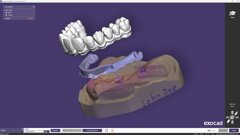


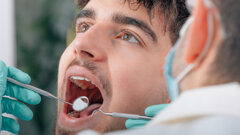
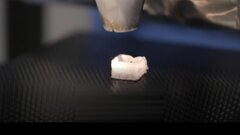
















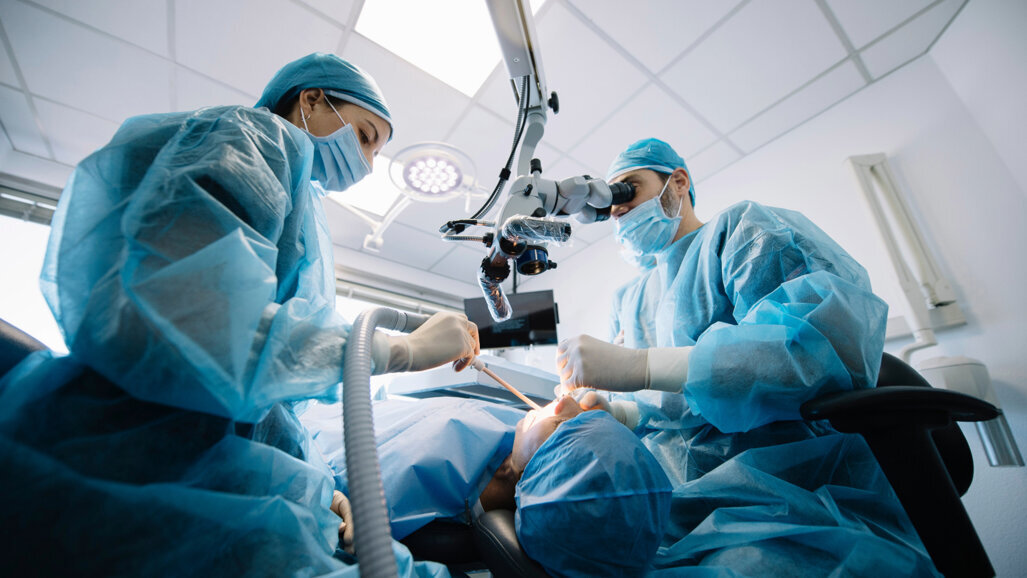



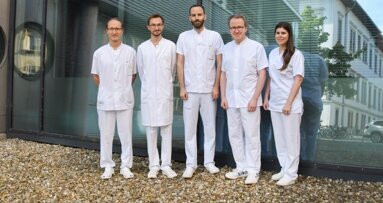

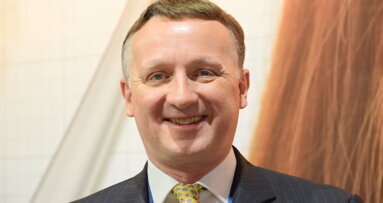
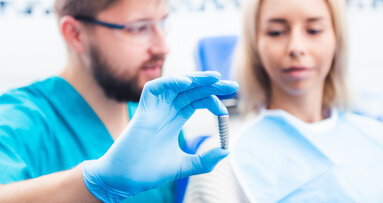
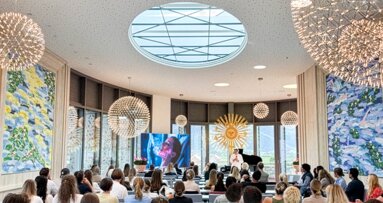
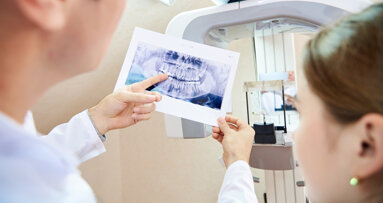
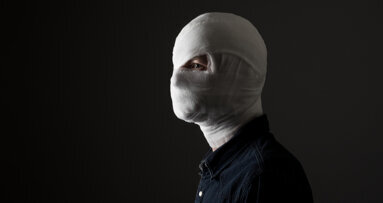
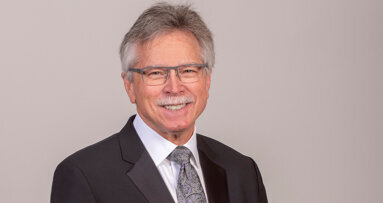
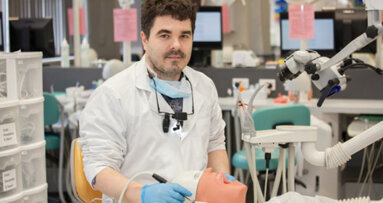









To post a reply please login or register